This book demonstrates that a handful of companies have gained an alarming level of control over the food chain through the industrialisation of agriculture, the forces of globalisation, and the vertical and horizontal integration of business. These corporations are deeply involved in the current push for genetic engineering in agriculture. Industry argues that genetic engineering is the technology of the next industrial revolution and that it can help resolve the problem of hunger. This book shows that the way the technology is being applied is instead a continuation and intensification of an industrial agriculture model that has failed to live up to its expectations and promises. Rather than offer new solutions, genetic engineering will advance a stronger, already established trend towards the social, political and economic reorganisation of our communities according to the interests of the world’s largest corporations, with little regard for environmental and social impacts. In this context, genetic engineering is not merely a new technology, but a means to gain power over people and resources.
- Foreword
- In the name of hunger - Paving the road to biotech agriculture
- Corporations: From royal charters to biotech gold rush
- Image control: Manipulation and public relations
- Consolidation, contamination and loss of diversity: The biotech dream takes hold
- The main international players and corporate influence
- Corporate influence on international regulatory bodies
- Government legislation and corporate influence
- Opening up the South
- Summing up, moving on
ECONEXUS.INFO
Conclusion
Throughout this book we have looked at different ways in which the source of the food stream, basic to human life, is being diverted through the advocacy of genetic engineering and the patenting of living organisms to serve the priorities of the transnational corporations. As we have seen, many of those corporations are larger in economic terms than countries, yet they are private bodies whose recent evolution into global giants has been extremely rapid. We take them for granted, yet we often forget that they have not always been there. The biotech companies are not among the largest in the world, but their ability to change our lives arguably places them among the most powerful, since their work involves bypassing the process of evolution and changing genomes irrevocably. We have given examples of the many levels on which they have been working and of how they are infiltrating and subverting a wide range of institutions in their efforts to promote genetically engineered crops.
The colonisation of indigenous agriculture through the green revolution has destroyed farming systems and eliminated locally adapted varieties and knowledge, undermining the agricultural diversity that has been nurtured over millennia. Each farmer variety that is lost means the loss of germplasm and knowledge painstakingly selected, built up, exchanged and passed on down the generations. Such wealth is irreplaceable. These systems are being replaced by crops that depend on inputs and farming systems that depend on agribusiness, while farmers are being displaced to expanding cities. All this has intensified cycles of dependence and struck at the roots of self-reliance. A system of commerce based on perpetual growth requires an unquestioning mass consumer culture in order to thrive. This provides the perfect context for the operations of the large corporations. Genetic contamination has already penetrated Mexico, the centre of origin for maize, transformed by farmers over thousands of years from a plant of little food value to a world staple.
The emergence of the biotechnology corporations in their present form would have been impossible without a number of facilitating factors, some old and some new. The gradual development of the charitable corporation into a for-profit entity with little liability, almost complete freedom to operate and only one main obligation – to maximise profit for shareholders – has played a major role. That corporations have also acquired many of the same rights as human beings without any of the limitations of being human adds to the danger.
[...]



















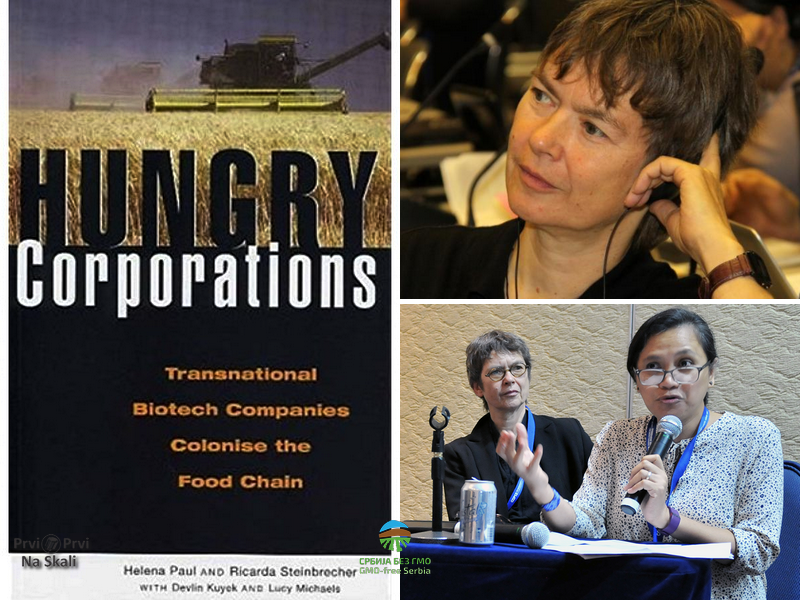












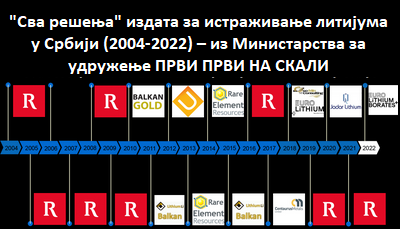

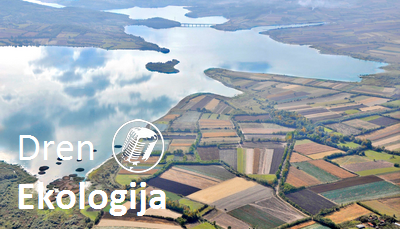





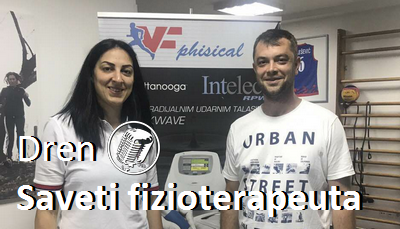
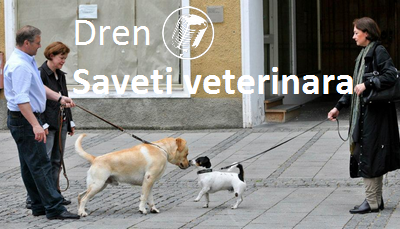




















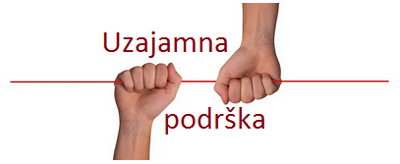



















Komentara: 0